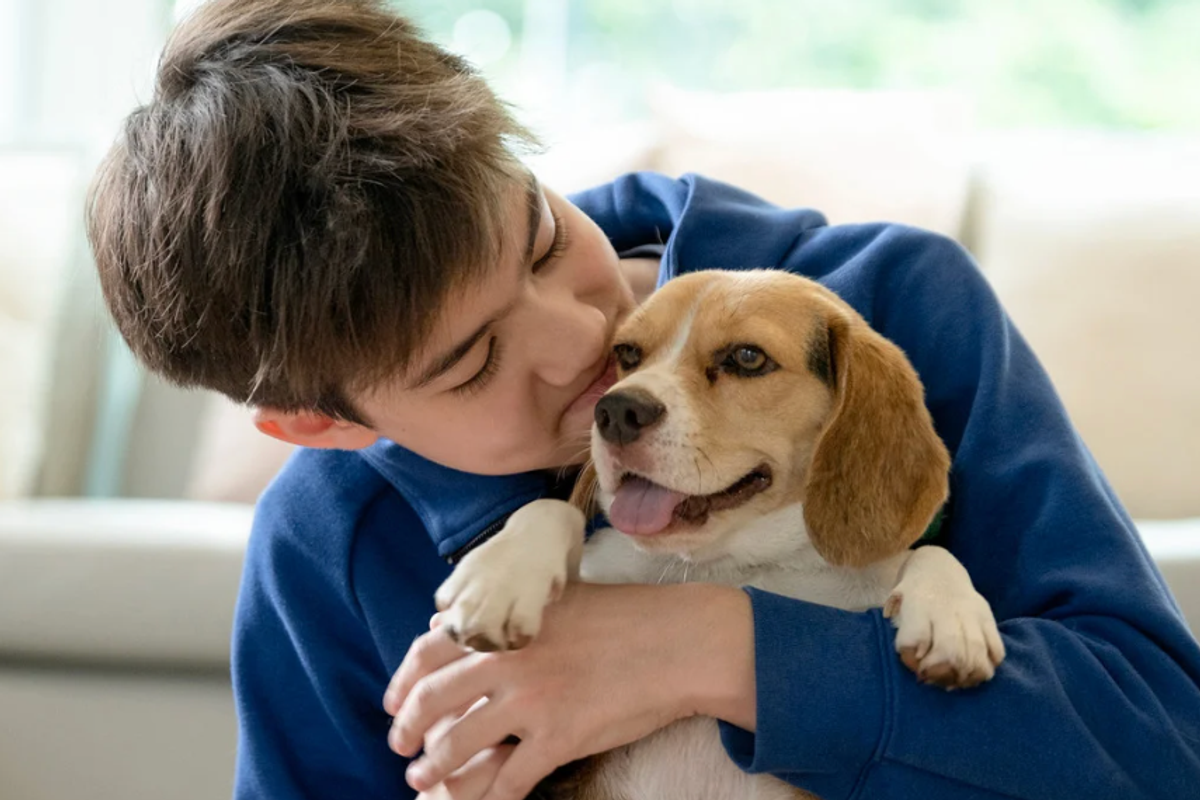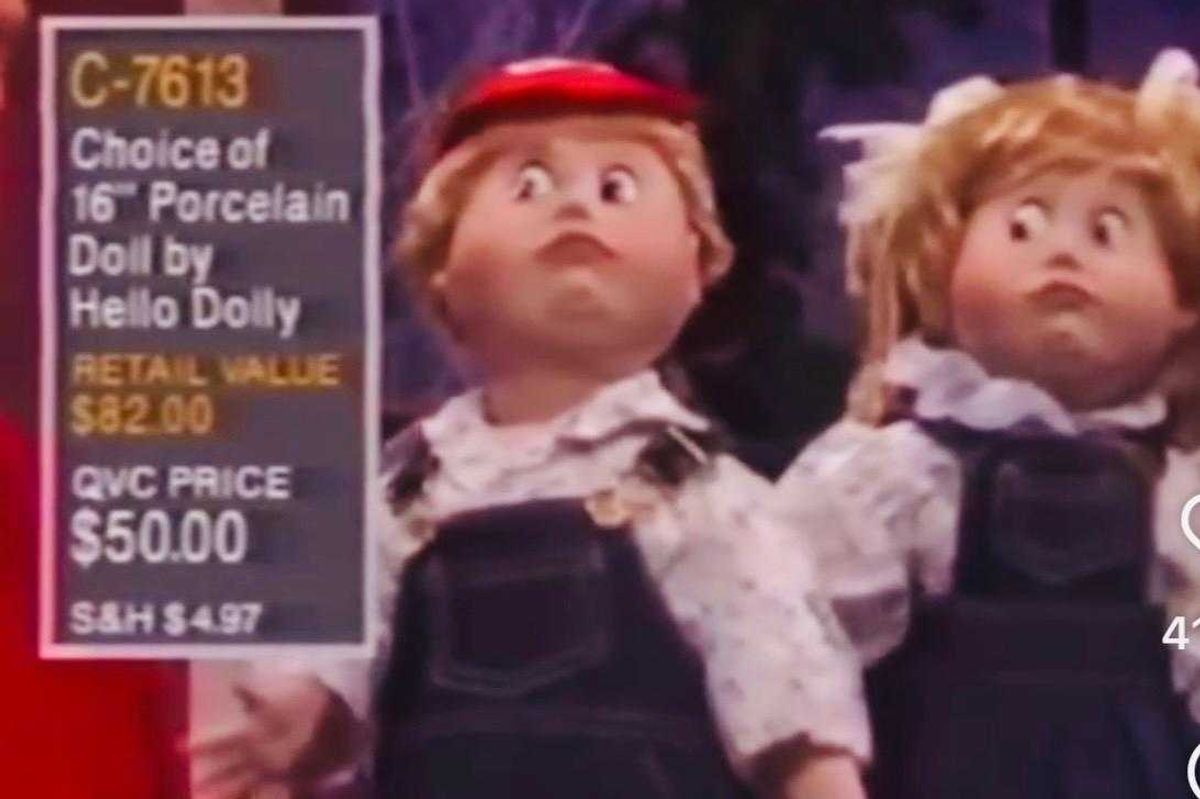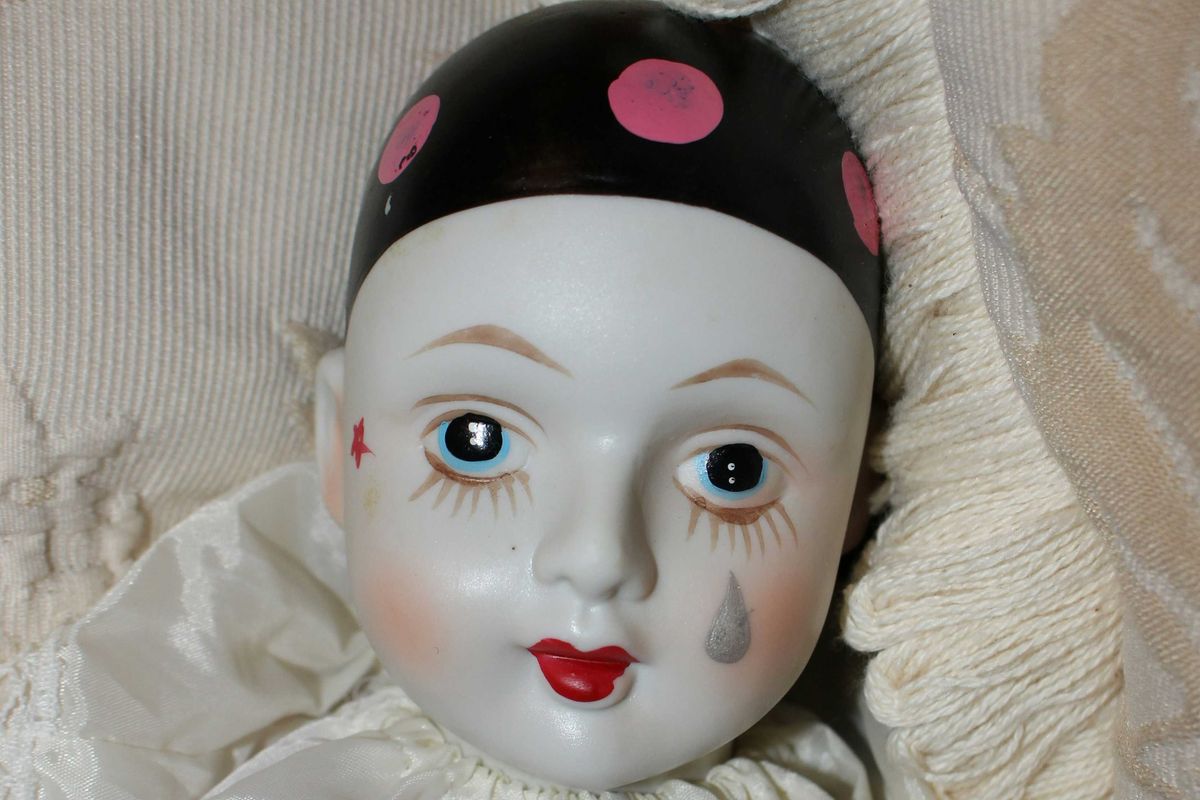The surprising origin story behind the cliche rap intro 'My name is...and I'm here to say'
An iconic 1940's brand jingle may be to blame.

The "worst rap cliche" actually makes a ton of sense when you learn about its history.
If I were to put you on the spot, right now, and force you to perform a freestyle rap, how would it go? If you're like 99% of the people on the planet who aren't naturally gifted in lyrical storytelling, you'd probably say something like, "My name is Mike and I'm here to say..." to get you off and running, and then your brain would scramble for something easy to rhyme with "say." Probably doing something in a "major way," right?
It's the first thought that comes into almost all of our heads, and it's a heavily used trope on sitcoms and in film. It's deeply embedded in pop culture lore, so much so that we've all absorbed the rhythm and cadence of the rhyme practically by osmosis—even kids who weren't even born during the early hip-hop of the 70s and 80s know it! But where the heck does it actually come from? Certainly, not a lot of real rappers use the line; not anymore. I heard it used on an episode of one of my favorite sitcoms the other night and got to wondering about its origin. I'm always fascinated by our sort of shared consciousness, how we "all" seem to intuitively know and understand things without ever understanding why—so I decided to do some digging.
When it comes to "My name is...and I'm here to say," one of the earliest known uses of the phrase came from, wait for it...a Chiquita Banana commercial created in the 1940s.
The specific line in question, sung by a sultry and unnecessarily-sexy cartoon banana in a low cut dress, goes like this:
"I'm Chiquita Banana and I've come to say / Bananas have to ripen in a certain way / When they're flecked with brown and have a golden hue / Bananas taste the best and are the best for you."
The commercial became iconic (the YouTube clip below, for example, has over three million views) and a staple moment in pop culture. If you can believe it, at that time bananas were relatively new to Americans. The fruit had been around for decades but different distributors and producers jockeying for position had kept it from really reaching the mainstream. The song was catchy as all get out and also helped Americans understand how to store, eat, and use this new exotic fruit; it was a reintroduction of sorts. Chiquita also desperately needed some positive press after the horrific Banana Massacre in 1928.
It's one of the most famous commercial jingles of all time.
- YouTube www.youtube.com
In 1988, Barney Rubble took a page out of Chiquita Banana's playbook and helped further cement the catchy rhyme into the zeitgeist.
If you don't remember the Fruity Pebbles commercials of the 80s and 90s, most of them feature Barney Rubble trying to trick or distract Fred Flintstone in order to steal his cereal. In this clip, Barney pretends to be a rapper, allowing him to (nearly) swipe the Fruity Pebbles while Fred is busy dancing to the beat.
"I'm the Master Rapper and I'm here to say / I love Fruity Pebbles in a major way ... But to get that fruity taste / I've gotta trick Fred"
- YouTube www.youtube.com
Those are two of the earliest iterations of the rhyming intro. But around the same time, the catchy catchphrase was beginning to show up in early hip hop.
Yes, honest to God rappers actually did use the phrase, contrary to popular belief.
In 1979, the legendary "Rapper's Delight" by Sugarhill Gang featured the line: "You see, I am wonder Mike and I'd like to say Hello / To the black, to the white, the red and the brown, the purple and yellow."
In 1983, Melle Mel drops the exact line to perfect in "The Birthday Party" by Grandmaster Flash & The Furious 5: "Melle Mel and I'm here to say / I was born on the 15th day of May"
But you might not have picked up on those if you weren't a big hip-hop listener at the time, so many people actually credit the commercials with "My name is..." catching on beyond the rap world.
At some point soon after, the rhyme became a trope used in sitcoms, more cheesy commercials, and films to portray someone who knows nothing about rap trying to rap.
Think of it like when parents start using their kids' slang, thus ruining it for everyone.
My personal favorite example has to be Will Ferrell's devil character from a Saturday Night Live sketch, struggling to write music, when he finally spits: "I'm the devil and I'm here to say / I'm the most evil rapper in the USA"
- YouTube www.youtube.com
Announcing your name at the start of a rap may seem like a cheesy trope now, but it actually had significance in the days of early rap.
Chaz Kangas writes for The Village Voice: "Whether literally tagging their name in graffiti in public spaces or mastering signature break dancing maneuvers, it was about getting your name in as many eyes and ears as possible. Of course, when it came to rocking the mic at a party to the break-a break-a dawn, there was no better way to have people know who you were than by identifying yourself."
Rappers still do it today, though the script has changed a bit. Most artists find a way, especially early in their career, to work their name into certain songs. It helps give them notoriety and it gives them some recognition for listeners who may have liked one of their guest verses on another artist's track. For crying out loud, one of the most famous and influential rap songs ever is literally called "My Name Is" by Eminem!
And as for the "I'm here to say" part? Well, it's a great segue into whatever comes next, and there are endless words and phrases you can rhyme with "say," so you're pretty much set if you decide to go with the cliched opener.
So, maybe it's not the worst rap trope ever. When you think about the storied history, the importance of name recognition, and the flexibility the rhyme gives you...maybe it's actually the best.
- His aunt died on Thanksgiving and his 'rap' about how the family handled it is hilarious ›
- Man skillfully raps Dr. Seuss rhymes over Dr. Dre beats in a must-see mashup ›
- Listen To The Best (And Maybe Only?) Rap Song About Gardening ›
- Someone made the Home Depot music into a rap and it’s perfection ›
- Married women were asked why they kept their original last names and the answers are incredible - Upworthy ›



 A man being licked by a golden retreiver.
A man being licked by a golden retreiver.  A dog's tongue close-up.
A dog's tongue close-up.  A golden retreiver getting their teeth brushed.
A golden retreiver getting their teeth brushed. 
 Homemade granola bars with chocolate chips – perfect for a delicious snack!
Homemade granola bars with chocolate chips – perfect for a delicious snack! Refresh with a healthy green juice boost.
Refresh with a healthy green juice boost. Making fresh orange juice in the kitchen. 🍊
Making fresh orange juice in the kitchen. 🍊 Be careful with supplements.
Be careful with supplements.

 A white porcelain doll with a tear stain. Photo by
A white porcelain doll with a tear stain. Photo by 